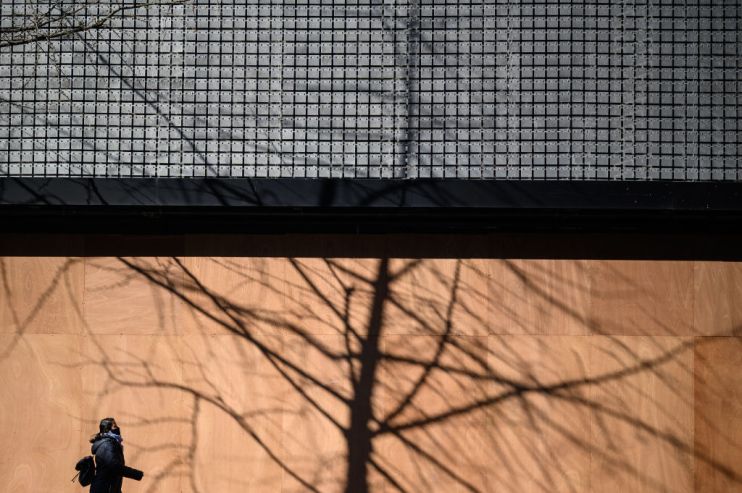Empty stores on Oxford Street rise by a fifth in six months

The number of empty stores on Oxford Street has risen by nearly a fifth since the start of 2021, as pandemic-led lockdowns took a toll on the high street.
Some 17 per cent of stores on London’s most famous street have closed since January, according to research by Property Week.
Among the most famous and largest of the empty shops is Topshop, a flagship store that sat directly next Oxford Circus tube station that, before the pandemic, spread across three floors, and hosted thousands of products from both Topshop and concession brands.
Retail and hospitality sectors have suffered enormously as a result of the pandemic.
Many big-name retailers have permanently shut up shop, including Debenhams, while others, like the Arcadia brands, were bought out of administration by online players.
London has also suffered disproportionately compared with other parts of the country, missing much of its typical tourist and non-local footfall that visits the capital in a normal year.
Jace Tyrrell, chief executive of New West End Company, which represents 600 companies on Oxford Street, Bond Street, Regent Street and in Mayfair, said the district was showing signs of recovery, with many empty units currently under development.
“While West End vacancy rates are around three per cent lower than the rest of the capital, we know that more must be done to ensure that businesses are given every possible chance to thrive once restrictions are lifted,” he continued.
“This is why we are calling on the government to relax Sunday Trading laws and rapidly bring forward the fundamental reform of business rates.
“As the high street reopens, we must embrace the post-pandemic consumer and their demands for increased flexibility, evolving the high street to not only reclaim its former glory, but surpass it.”
Melissa Minkow, retail industry lead at digital solutions business CI&T added: “The future of the retail district is likely to revolve less around brick and mortar-bolstered retail, and focus more on connected retail, co-working office spaces, pop-up shops and even super low-price stores.
“We could even see some of the tenants attempt to ditch their large leases and partner up under one roof to maintain an experiential presence whilst taking up significantly less real estate.”
A government spokesperson said: “We understand how difficult the pandemic has been for retail and have made extraordinary efforts to support businesses as part of a generous £352bn support package.
“We will publish our fundamental review into business rates in the autumn and continue to keep measures on Sunday trading laws under review.”